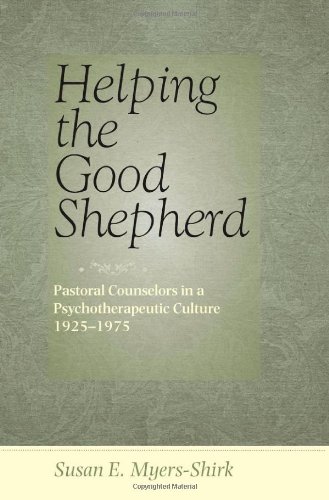

Most ebook files are in PDF format, so you can easily read them using various software such as Foxit Reader or directly on the Google Chrome browser.
Some ebook files are released by publishers in other formats such as .awz, .mobi, .epub, .fb2, etc. You may need to install specific software to read these formats on mobile/PC, such as Calibre.
Please read the tutorial at this link: https://ebookbell.com/faq
We offer FREE conversion to the popular formats you request; however, this may take some time. Therefore, right after payment, please email us, and we will try to provide the service as quickly as possible.
For some exceptional file formats or broken links (if any), please refrain from opening any disputes. Instead, email us first, and we will try to assist within a maximum of 6 hours.
EbookBell Team

4.3
78 reviewsThis history of Protestant pastoral counseling in America examines the role of pastoral counselors in the construction and articulation of a liberal moral sensibility. Analyzing the relationship between religion and science in the twentieth century, Susan E. Myers-Shirk locates this sensibility in the counselors’ intellectual engagement with the psychological sciences.
Informed by the principles of psychology and psychoanalysis, pastoral counselors sought a middle ground between science and Christianity in advising anxious parishioners who sought their help for personal problems such as troubled children, violent spouses, and alcohol and drug abuse.
Myers-Shirk finds that gender relations account in part for the great divide between the liberal and conservative moral sensibilities in pastoral counseling. She demonstrates that, as some pastoral counselors began to advocate women’s equality, conservative Christian counselors emerged, denouncing more liberal pastoral counselors and secular psychologists for disregarding biblical teachings. From there, the two sides diverged dramatically.
Helping the Good Shepherd will appeal to scholars of American religious history, the history of psychology, gender studies, and American history. For those practicing and teaching pastoral counseling, it offers historical insights into the field.